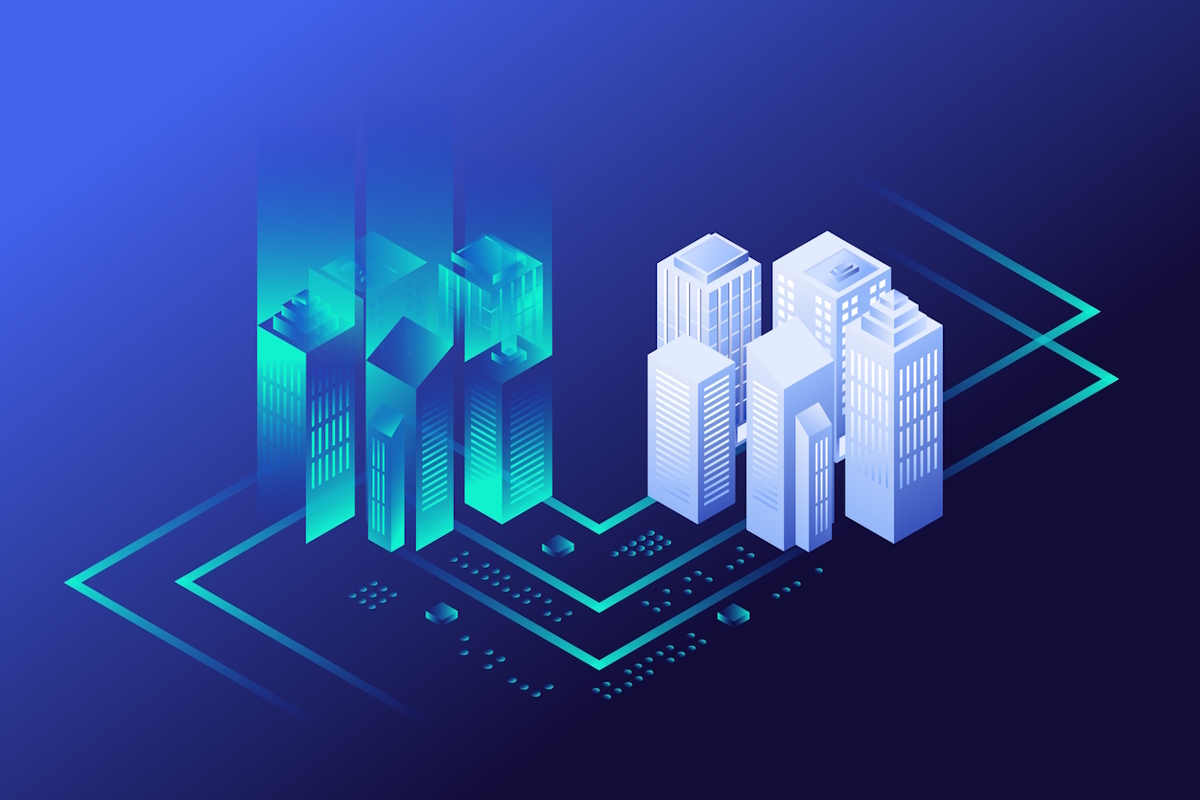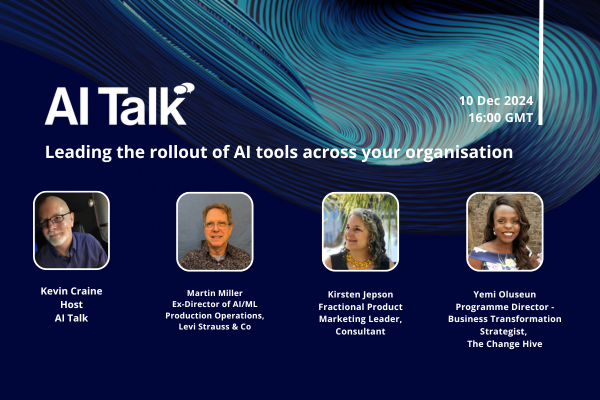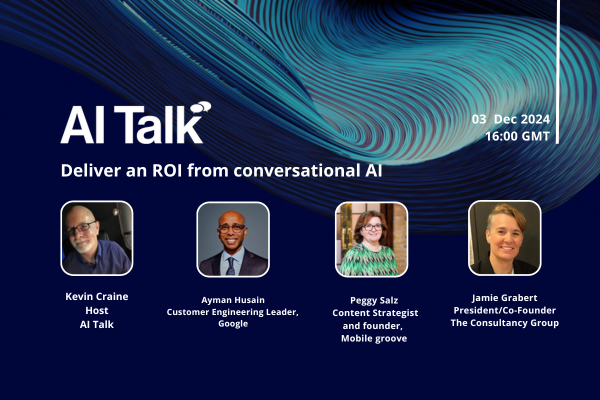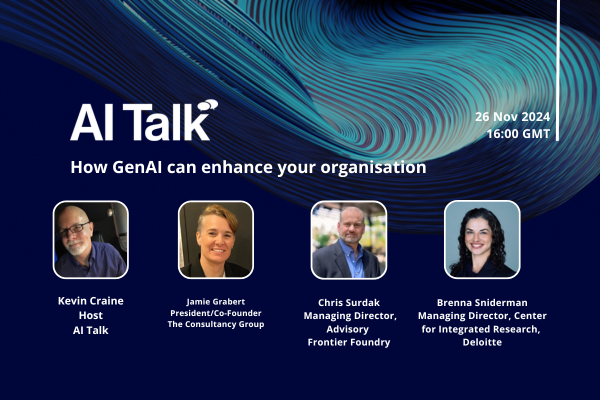Digital twins: catalysts of business innovation

Digital twins are rapidly transitioning from a niche technology to an integral part of modern business. Dennis Dokter at Nexus explains why they are driving efficiency, innovation and data driven decision-making across industries
A digital twin is a virtual model of a real-world object or process that stays in sync with its physical version, sharing data in real-time. They are designed for specific goals using data, physics, and expert knowledge to work effectively. They rely on trustworthy IT (Information Technology), OT (Operational Technology), and ET (Engineering Technology) systems to function smoothly and achieve desired results.
Advancements in data generation, modelling techniques, and the development of Internet of Things (IoT) networks have driven the evolution of digital twin technology, fuelling the adoption of this technology across different industries.
Wide-ranging benefits
The engineering and industrial sectors have leveraged digital twins for quite some time in tasks like developing and maintaining aircraft and spacecraft, optimising product life cycles in manufacturing, and improving industrial applications. Today, their uses have expanded into diverse areas, including biomedical sciences for precision medicine, climate sciences for accurate weather forecasting, and social sciences for urban planning.
Digital twin technology offers significant value to both businesses and governments by enabling data-driven decision-making. They improve efficiency, identify potential issues, and play a valuable role in the automation of processes. Digital twins can also enhance operational oversight in energy management, logistics, and procurement for businesses and public-sector organisations.
The application of digital twins requires a context-specific approach that should be challenge-focused or opportunity-driven, allowing organisations to address specific problems or uncover new possibilities. While their potential is enormous, digital twins don’t have to be large-scale initiatives; they can start small, such as optimising energy consumption, and then scale as value and insights grow over time.
The technology is fast gaining widespread traction, with strong adoption across industries. By 2027, more than 40% of large enterprises are expected to utilise digital twins to drive revenue growth, reflecting the market’s significant projected expansion and its role in fostering business innovation.
Challenges in the digital twin landscape
While digital twins bring exciting new capabilities and opportunities, they also present some challenges. This includes understanding the differences between simple and complex systems, assessing the benefits, trustworthiness and risks of AI, and establishing clear validation standards that align with international guidelines.
Other challenges include potential high implementation costs, digitisation, data standardisation, security concerns, and the need for updated digital infrastructure.
Creating digital twins also needs investment, and businesses should treat their development with the same importance as physical assets. Hence, demonstrating return on investment (ROI) to stakeholders is a primary obstacle to adoption. But the investment addresses underlying issues that are not immediately apparent, through successful cases, such as in data centres, we can see digital twin technology deliver rapid payback. However, securing initial buy-in from senior leadership can pose a greater challenge than the technical implementation itself.
The future of digital twins in business
Digital twins offer businesses a powerful way to accelerate decision-making and improve outcomes. By using digital twins to develop advanced virtual models and simulations, they help companies across industries boost efficiency and promote sustainability.
Digital twins enable rapid testing of designs, allowing businesses to understand complex interactions, predict the impact of changes, and make smarter choices throughout development. Beyond regular operations, their predictive capabilities also prove invaluable in high-stakes situations, such as healthcare emergencies or natural disasters.
For businesses, the potential benefits of digital twins include:
- Increasing productivity while cutting costs
- Reducing energy use and reliance on natural resources
- Supporting sustainability goals by lowering carbon emissions
- Eliminating waste
- Preventing critical issues and unplanned downtime
By streamlining operations and promoting sustainable practices, digital twins create significant value for organisations while helping them stay ahead in competitive and challenging environments. As digital twin technology advances, it is expected to continue driving efficiency and innovation across various business sectors.
A profound impact on the future
While its adoption is increasing—particularly in manufacturing, healthcare, smart cities, and fintech—digital twin technology faces challenges such as the implementation costs, data security, and the need for a robust digital infrastructure.
Yet despite these hurdles, the potential of digital twins to catalyse innovation and efficiency simultaneously is substantial, promising deep impacts on business processes and strategic decision-making. This dual capability ensures that investments in digital twin technology are likely to produce tangible benefits, contributing to overall organisational effectiveness and industry progress.
Dennis Dokter is Smart Cities Lead at innovation hub Nexus, Co-Chair of the Responsible AI Working Group for Digital Twins, and Co-Chair of the Sustainability Working Group. Nexus is a vibrant community comprised of high-growth businesses across the globe and has a physical base in a state-of-the-art innovation hub on the University of Leeds campus.
Main image courtesy of itockPhoto.com and innni

Business Reporter Team
Most Viewed
Winston House, 3rd Floor, Units 306-309, 2-4 Dollis Park, London, N3 1HF
23-29 Hendon Lane, London, N3 1RT
020 8349 4363
© 2024, Lyonsdown Limited. Business Reporter® is a registered trademark of Lyonsdown Ltd. VAT registration number: 830519543





